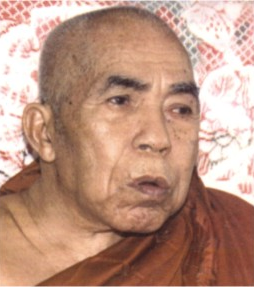My friend Hang posted these photos on Facebook earlier today.

She wrote, “This is so wrong! A toilet bowl cleaner with images of Buddha, at Bed Bath & Beyond. This item is called Buddakhan!”
I was nervous about posting these photos for fear of attracting comments that trivialize my friend’s reaction. Our indignation is often met with dismissals from Buddhists who argue that we shouldn’t be offended. The logic is that the symbol of the Buddha is simply an artistic motif, nothing more. Since there was (presumably) no intent to offend on behalf of the manufacturer, then there can be no offense. But to accept this argument in full is to suggest that we live in a world of rights without responsibility. People can say or do whatever they like, and the reactions of others do not matter.
I am reminded of a recent news story from Brooklyn, where a Korean jewelry store owner pulled swastika earrings from the shelves in the face of protest from a Jewish councilman. Of course, the owner could have kept the earrings on display—and I would have defended her right to do so—but she instead chose the path of responsibility. Although the earrings were not shaped the same as the Nazi swastika, the owner recognized the symbol’s power to incite offense, and she acted accordingly.
Using the Buddha to line a receptacle for holding and draining a toilet brush is a more clear-cut matter. The Buddha is widely recognized as a religious figure. A toilet brush is meant to clean away feces, grime, urine, and slime. It doesn’t take a genius to identify where offense might arise. Buddhists certainly should not feel obliged to feel offense, but one should have understanding and compassion for those who do.
And for heavens’ sake, Bed Bath & Beyond should stop selling this nonsense.
Update: Bed Bath & Beyond’s response to a reader’s email:
Thank you for your email. The Buddhakan Toilet Brush Holder has all ready been dropped from our inventory, and is no longer available in our stores.

